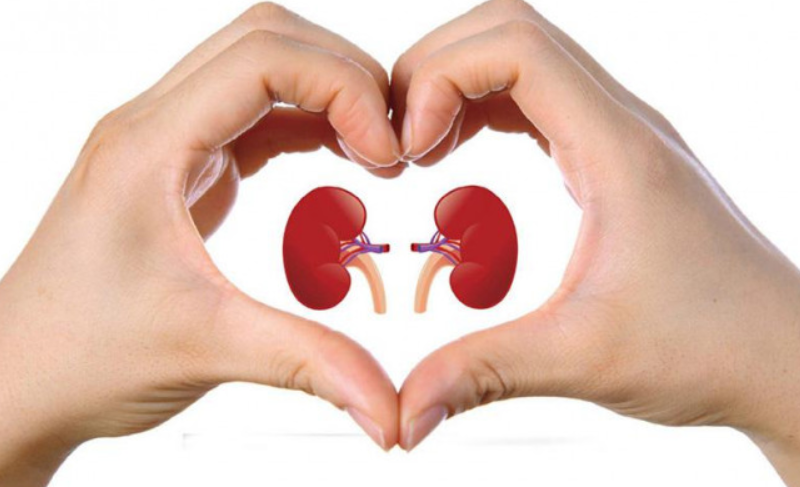Every function of the body is supported by the communication between the hormones, thus any imbalance can lead to a variety of health problems. Over 4% of Americans suffer from thyroid issues.
Nearly all of the body’s metabolic functions are influenced by the thyroid gland, and thyroid problems can range from a small, harmless goiter that doesn’t need to be treated to potentially fatal malignancy. The improper synthesis of thyroid hormones, hyperthyroidism, and hypothyroidism are the most typical thyroid conditions.
The symptoms of hypothyroidism, which is an underactive thyroid, include weight loss, lethargy, a sluggish metabolism, constipation, and mental fog. It usually happens as a result of:
Hashimoto’s thyroiditis: It is a type of hypothyroidism that occurs when the immune system does not recognize the thyroid gland cells and the enzymes and inhibits the production of thyroid hormone
- Exposure to excessive amounts of iodide
- The use of certain drugs
- Removal of the thyroid gland
On the other hand, hyperthyroidism is developed when the thyroid gland is hyperactive thyroid, elevating the levels of the thyroid hormone. Its most common causes include:
Toxic adenomas: Nodules develop in the thyroid gland and release thyroid hormones, upsetting the body’s chemical balance
Graves’ disease: The excessive production of thyroid hormone.
Subacute thyroiditis: Inflammation of the thyroid that urges the gland to “leak” excess hormones, leading to temporary hyperthyroidism that in most cases lasts for a few weeks
Find out more about: How to Remove Mucus and Phlegm from the Throat and Chest
Pituitary gland malfunctions or cancerous growths in the thyroid gland
It causes signs including anxiousness, trembling, fatigue, restlessness, and an increased metabolism.
Blood tests are typically used to diagnose thyroid abnormalities, which are then typically treated with prescription medications including levothyroxine, synthetic hormones, and various anti-thyroid treatments.
Making some dietary and lifestyle changes, however, is the first step towards improved health and relief in the case of thyroid disorders.
The following foods are incredibly beneficial in case you suffer from hypothyroidism:
- Flax seeds
- Asparagus
- Mushrooms
- Cabbage
- Cauliflower
- Broccoli
- Nuts and nut butters
- Legumes
- Eggs
- Grapefruits
- Peaches
- Spinach
- Garlic
- Sesame seeds
- Swiss chard
- Coconut milk
- Avocados
- Ghee
- Fish
- Grass-fed meat
- Summer squash
- Yogurt
- Cottage cheese
On the other hand, make sure you increase the intake of the following foods if you suffer from hyperthyroidism:
- Sweet potatoes
- Radish
- Turnips
- Brussels sprouts
- Almonds
- Spinach
- Mint
- Millet
- Broccoli
- Cabbage
- Basil
- Marjoram
- Peaches
- Mustard
- Watercress
- Pears
- Rosemary
- Oregano



